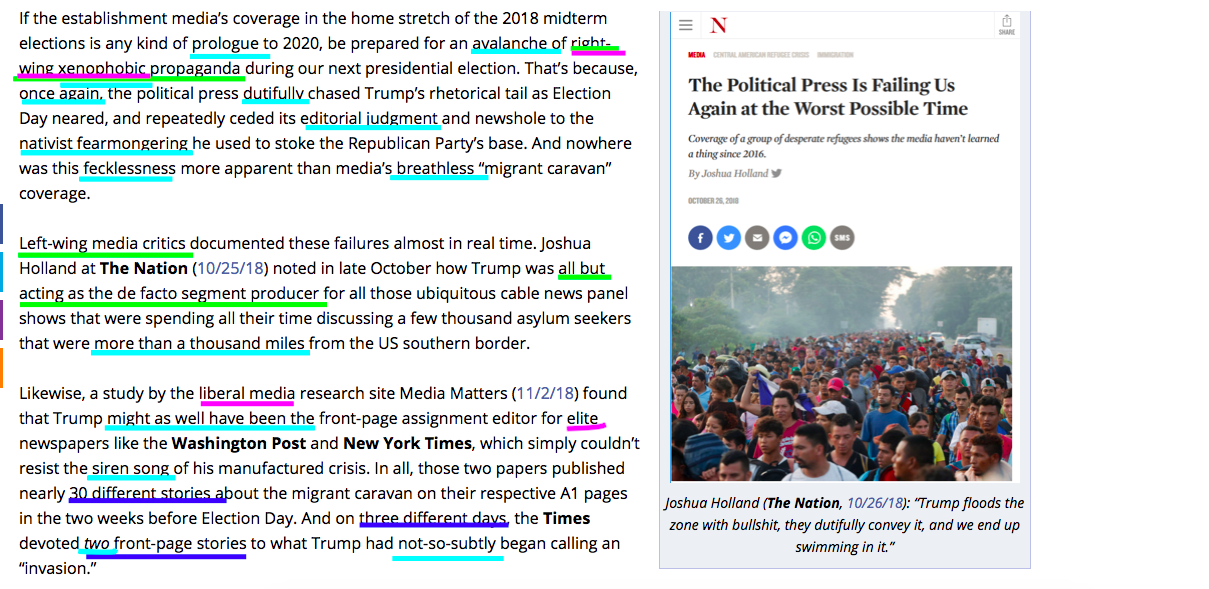Vonnegut, Maslow, Bhutan: What Makes You Happy?
Hey everyone, Emily again! Today we’re going to be discussing happiness: the lusted-after emotion that money allegedly can’t buy. Personally, I find there are a limited number of occurrences which make me truly happy and don’t provide a brief distraction from my general unhappiness. Those are as follows: spending time with people (and animals!) I care about, the freedom to be and express myself to the capacity I desire, and the basic needs of eating enough and sleeping enough. I find I’m happiest when I’ve had a day off from work, school, and homework. I’ve probably eaten three decent meals and had enough water. If I’m lucky I might’ve slept enough the night before. And, more than likely, I have a cat on my lap and I’m with my friends, having a good time and being myself. Of course, taking my antidepressants always helps, but that’s not really the point of this post.
The small nation of Bhutan began keeping track of their nation’s happiness using a nationwide survey, or an "index". It showed several interesting statistics about the general well-being of the people. I think this is a great idea for a small nation such as Bhutan; it can only help make the people happier in the future, since the leaders cared enough to index it in the first place. However, for countries such as America, I don't think a national happiness index would be beneficial. Judging from the general state of the country, I'd guess that a list of statistics on our happiness could only depress us.
I think the standards used to measure general happiness in Bhutan make sense. They cover the basics, and everything they use can be identified as part of Maslow's hierarchy of needs. In fact, if all countries were to measure the happiness of their people, they should start at the bottom of Maslow's triangle and work their way up. The problem with this, of course, is that the bottom is physiological needs, and in America the number of starving people, or people without clean water, makes this process a lot longer and harder. If America wanted its people to be happy, it should've started a long time ago.
Moving on. As part of this assignment, I read a short story titled "I've Been Called a Luddite". It's an excellent work by Kurt Vonnegut which, at its simplest, makes the point that technology does not create happiness and that one should make it a point to enjoy the simpler, more basic experiences on earth. The story ends with the quote, "We are here on Earth to fart around. Don't let anybody tell you any different." In the story, the narrator emphasizes how much he enjoys the act of talking to people. A simple conversation without any technological barriers is his greatest enjoyment. Personally, I find that especially in the more modern times with the innovation of instant messaging, you can enjoy a conversation with someone on the other side of the world just as you would enjoy a conversation with someone next door. In my opinion, technology doesn't create barriers, but breaks them down.
After reading Vonnegut's story, I read a New York Times article called "But Will It Make You Happy?" It discusses consumer goods and the happiness that they often don't provide. It embodies the idea that money can't buy happiness. It states that people trying to "outdo the Joneses", or show up others by spending their money, won't find themselves fulfilled. I found the points of this article interesting, but overall I find that material objects can bring you happiness if you buy the right ones. Impulse purchases may leave you filled with regret, but if you finally splurge on that practical and exciting object you've wanted for so long, why not let it make you happy? Thoughtful, calculated spending, whether it be on an object or an experience, will make you happier than spending on whatever you may stumble across on your errands.
The following is a song that will always represent happiness to me. Find the MLA citation at the bottom of this post. Billy Joel's song is set in a bar on a Saturday, where different crowds come together to enjoy some music. The song describes an experience which is enjoyed cheerfully by all. Not only do the lyrics discuss happiness, but the song itself is lighthearted, upbeat, and cheerful. It's a song to relax to.
I encourage you to click on the link to the video, put in some headphones, and close your eyes. Let the music sink into your brain and your soul. As you listen to the music, allow your mind to ponder the question: what makes you happy?
Thanks for visiting my blog today. I wish you all a day full of happiness. May you find it in everything you do and in whatever amount of money you wish to spend. Until next time!
“Hierarchy of Needs.” Renaissance Planning, 30 June 2016.
Billy Joel - Piano Man (Audio). billyjoelVEVO. YouTube, YouTube, 22 Mar. 2013, www.youtube.com/watch?v=QwVjTlTdIDQ.




Comments
Post a Comment